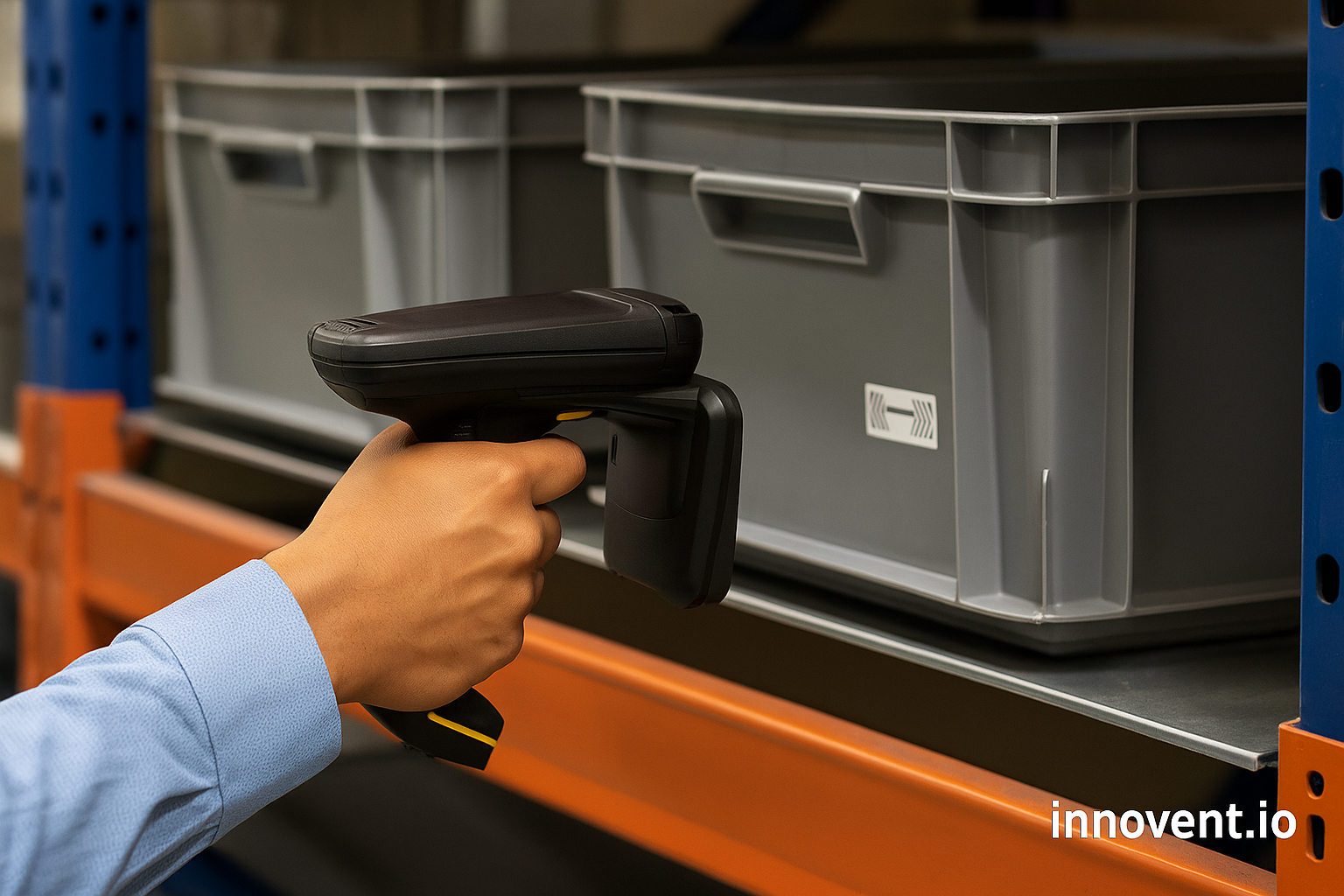The Transformative Power of IoT in Manufacturing
The manufacturing industry is undergoing a profound transformation, driven by the integration of Internet of Things (IoT) technologies. This evolution is not merely incremental but represents a paradigm shift in how manufacturing operations are conducted, monitored, and optimized.
Real-Time Data Collection and Analysis
At the heart of this transformation is the ability to embed sensors in machinery and equipment, allowing manufacturers to collect real-time data on a scale previously unimaginable. These sensors monitor a wide array of parameters, including temperature, vibration, pressure, and operational speed. By continuously gathering data, manufacturers gain critical insights into the health and performance of their machinery, leading to significant improvements in operational efficiency and production processes.

Predictive Maintenance
One of the most impactful applications of IoT in manufacturing is predictive maintenance. Traditional maintenance strategies, such as reactive or scheduled maintenance, often lead to unexpected downtime or unnecessary servicing. IoT changes this by providing real-time data that can predict equipment failures before they occur. Advanced analytics and machine learning algorithms analyze data trends to identify potential issues, enabling maintenance teams to address problems proactively. This approach reduces downtime, prevents costly breakdowns, and extends the lifespan of equipment.
Enhanced Operational Efficiency
IoT technologies enable seamless connectivity and communication between various systems and devices on the production floor. This interconnectedness allows for more coordinated and streamlined operations. For example, IoT sensors can monitor production lines in real-time, providing instant feedback and enabling immediate adjustments to optimize performance. Automated systems can dynamically adjust processes based on data inputs, ensuring consistent quality and maximizing productivity. This level of control and visibility helps manufacturers maintain high standards and reduce variability in their processes.
Improved Supply Chain Management
Beyond the factory floor, IoT is revolutionizing supply chain management. By integrating IoT-enabled tracking devices, manufacturers can monitor raw materials and finished goods throughout the entire supply chain. Real-time tracking of inventory levels helps optimize stock, reduce waste, and prevent shortages or overstock situations. In logistics, IoT devices track the location, condition, and status of goods in transit, ensuring timely deliveries and reducing the risk of damage or loss. This enhanced visibility and control over the supply chain lead to more efficient and responsive operations.
Smart Factory Initiatives
IoT paves the way for the implementation of smart factory initiatives, which leverage advanced technologies like artificial intelligence (AI) and machine learning. These technologies analyze the vast amounts of data generated by IoT devices to drive autonomous decision-making and continuous process improvements. Smart factories can adapt to changing conditions and demands with agility, optimizing production schedules, resource allocation, and energy usage. This adaptability ensures manufacturers remain competitive in a fast-paced market.
Driving Innovation and Reducing Costs
The integration of IoT in manufacturing is not just about operational efficiency; it is also a catalyst for innovation. IoT enables manufacturers to develop new business models, such as offering predictive maintenance services or creating connected products that provide value-added features to customers. By reducing downtime, optimizing resource usage, and improving product quality, IoT helps manufacturers lower operational costs and increase profitability.
Future Potential
As IoT technology continues to evolve, the potential for further advancements in manufacturing processes is vast. Emerging trends such as edge computing, 5G connectivity, and blockchain integration promise to enhance the capabilities and benefits of IoT in manufacturing even further. Manufacturers who embrace these technologies will be well-positioned to lead in an increasingly competitive and dynamic industry.
Conclusion
In summary, IoT is revolutionizing the manufacturing industry by providing unprecedented levels of operational efficiency, cost reduction, and innovation. The ability to collect and analyze real-time data, predict maintenance needs, enhance supply chain management, and implement smart factory initiatives is transforming manufacturing processes. As technology continues to advance, the opportunities for further improvements and breakthroughs in manufacturing are boundless. Embracing IoT is not just a technological upgrade; it is a strategic imperative for manufacturers aiming to thrive in the modern era.









